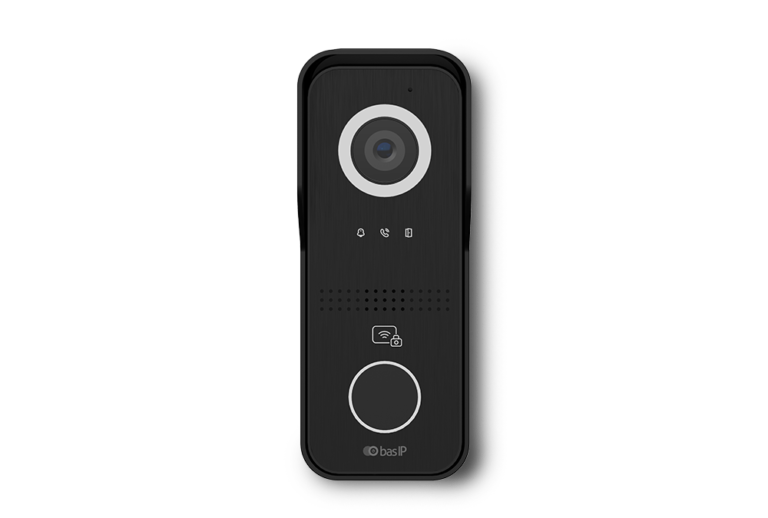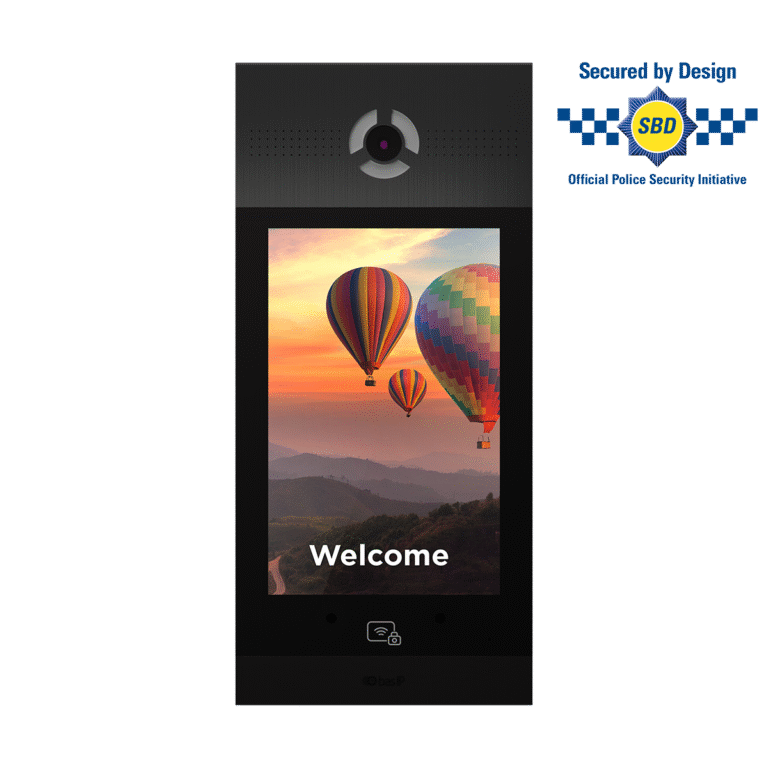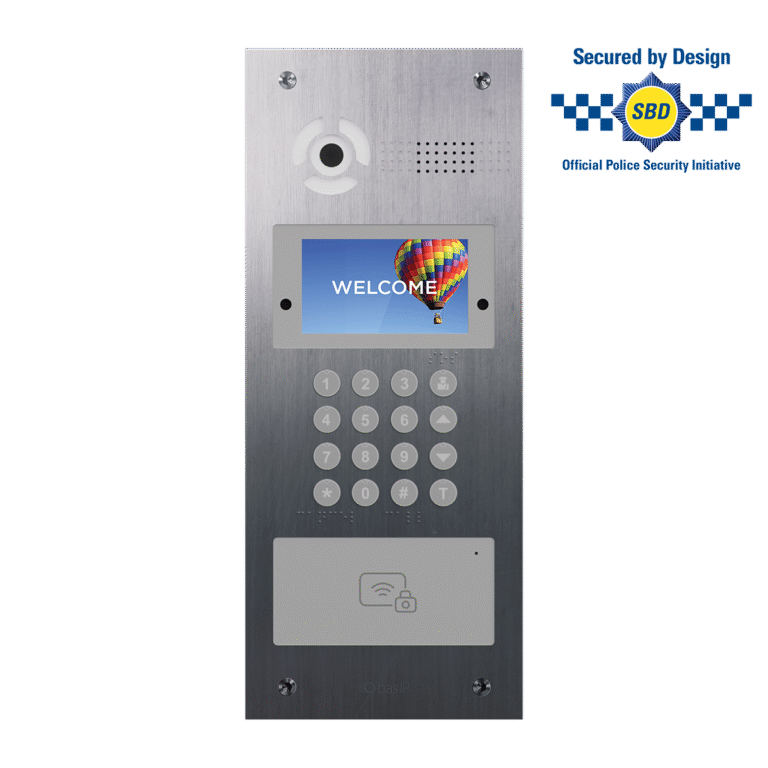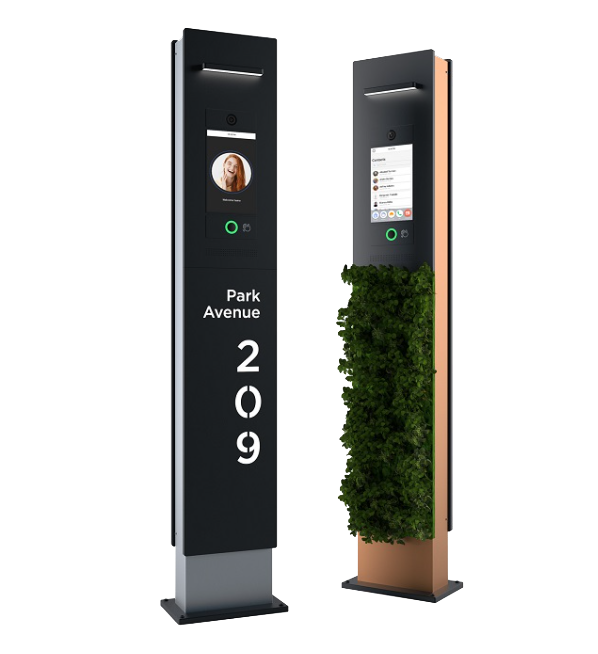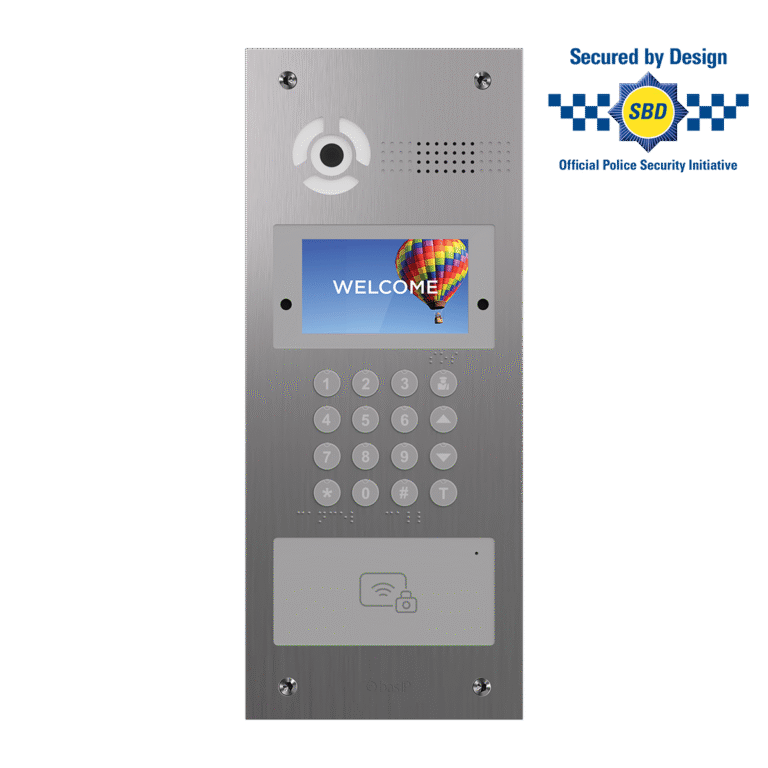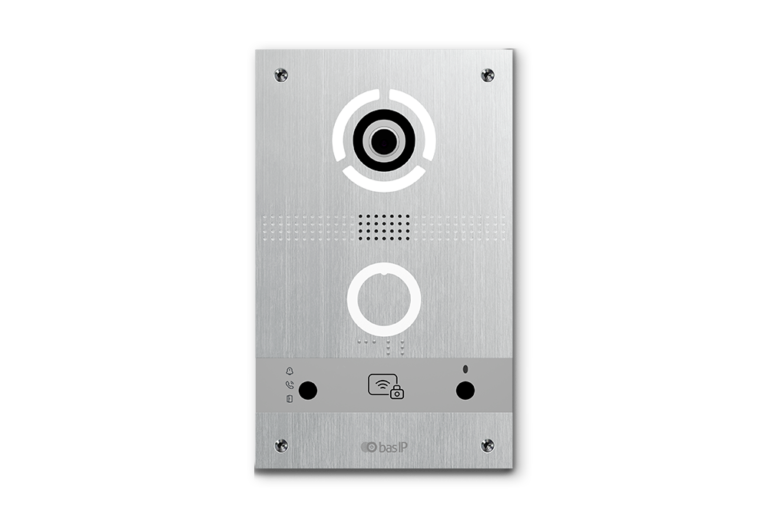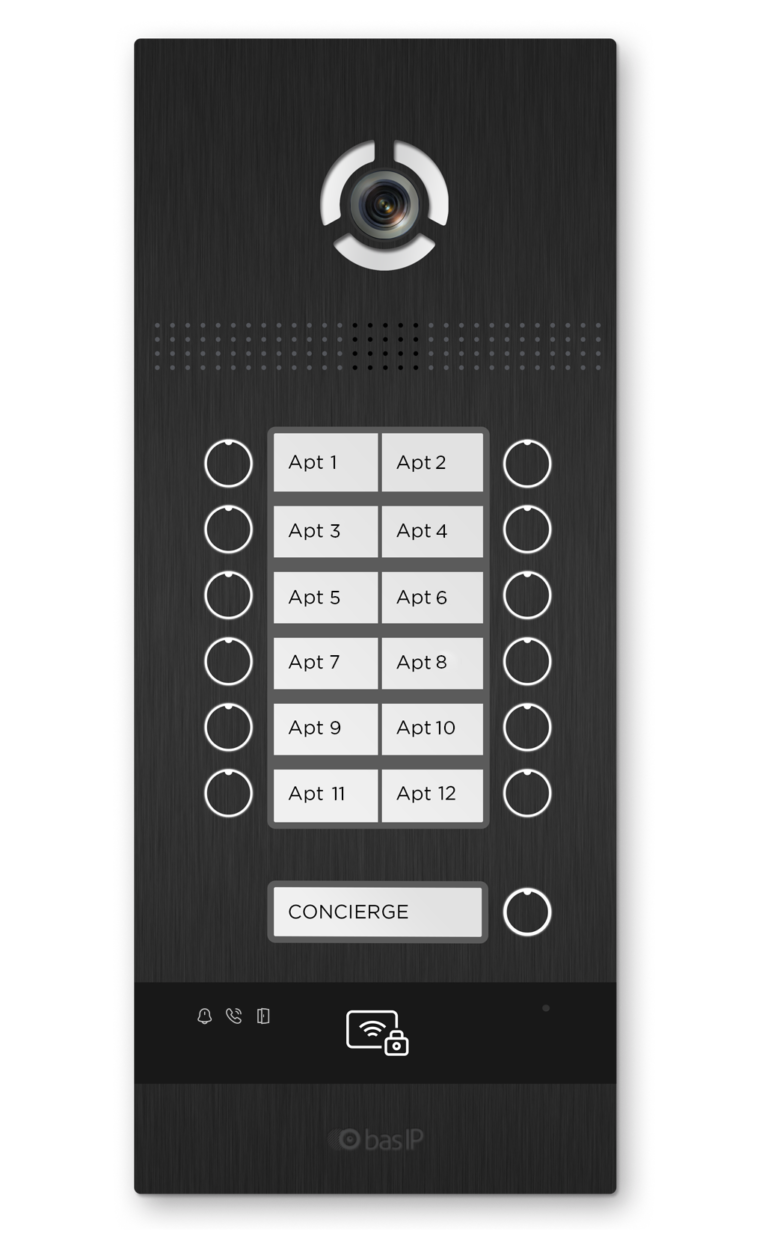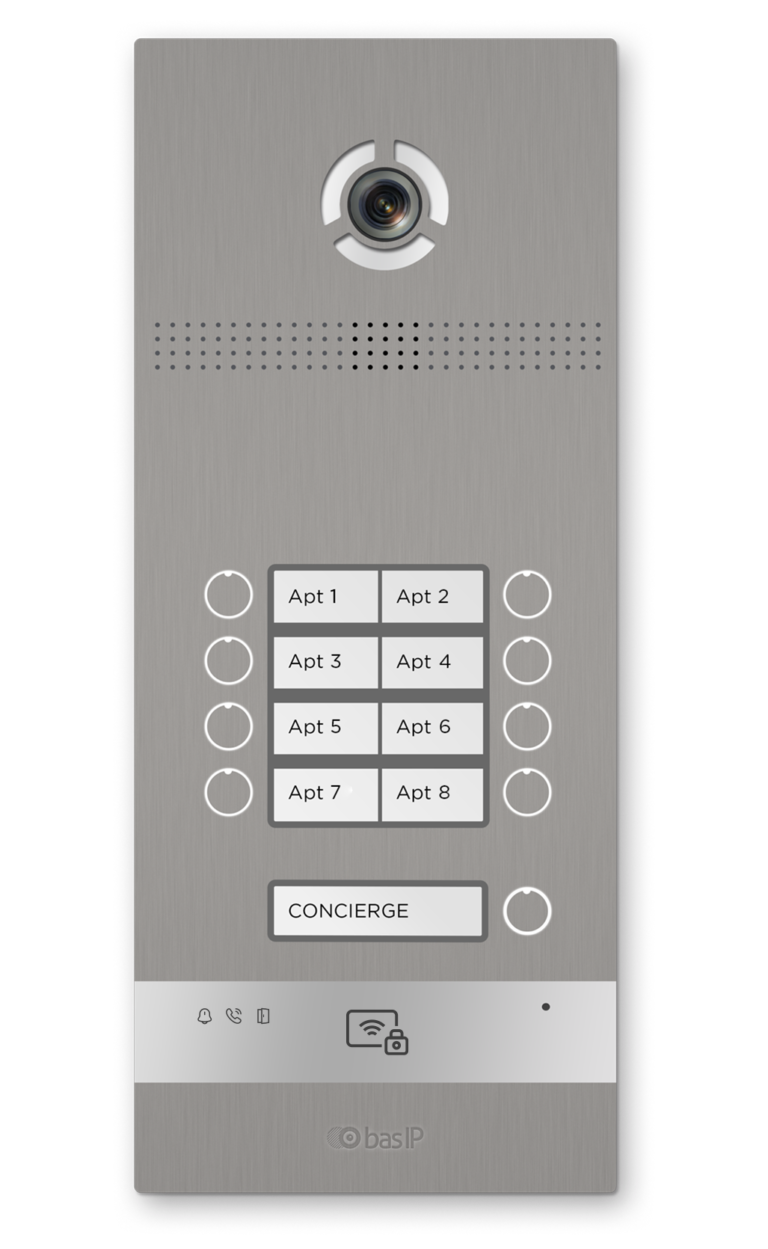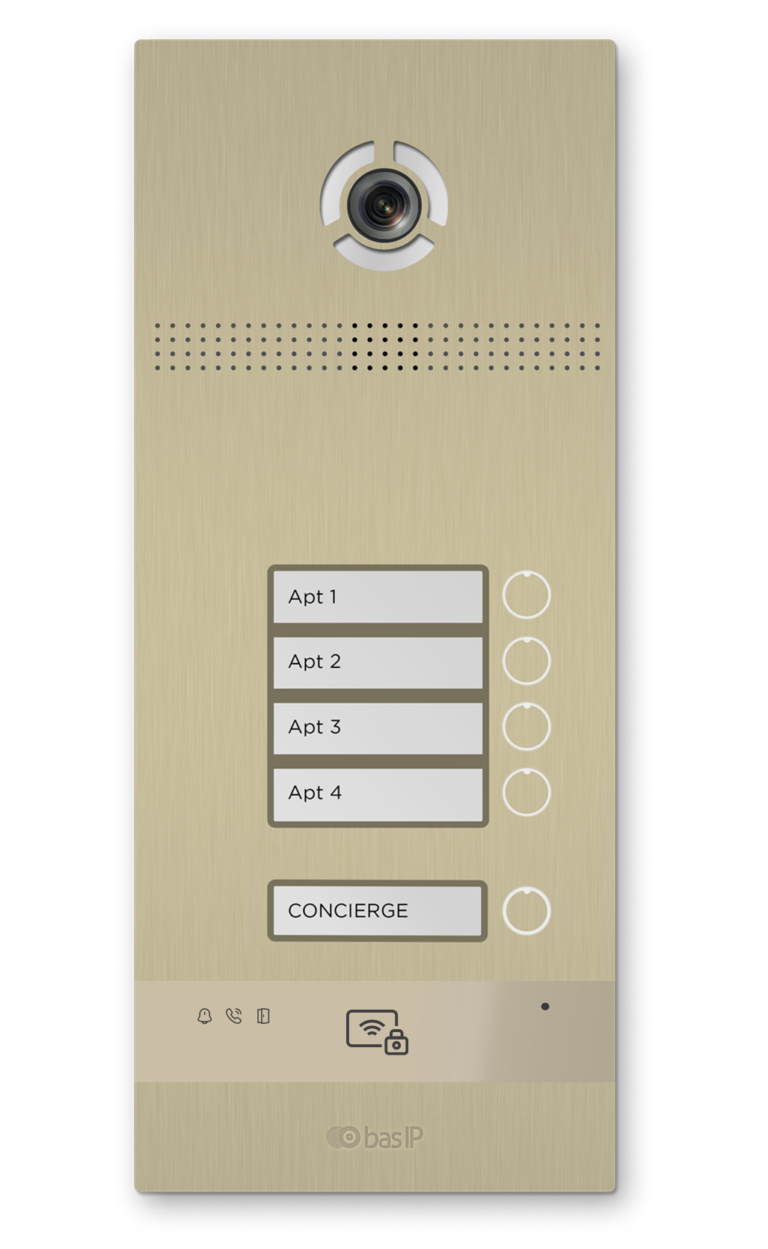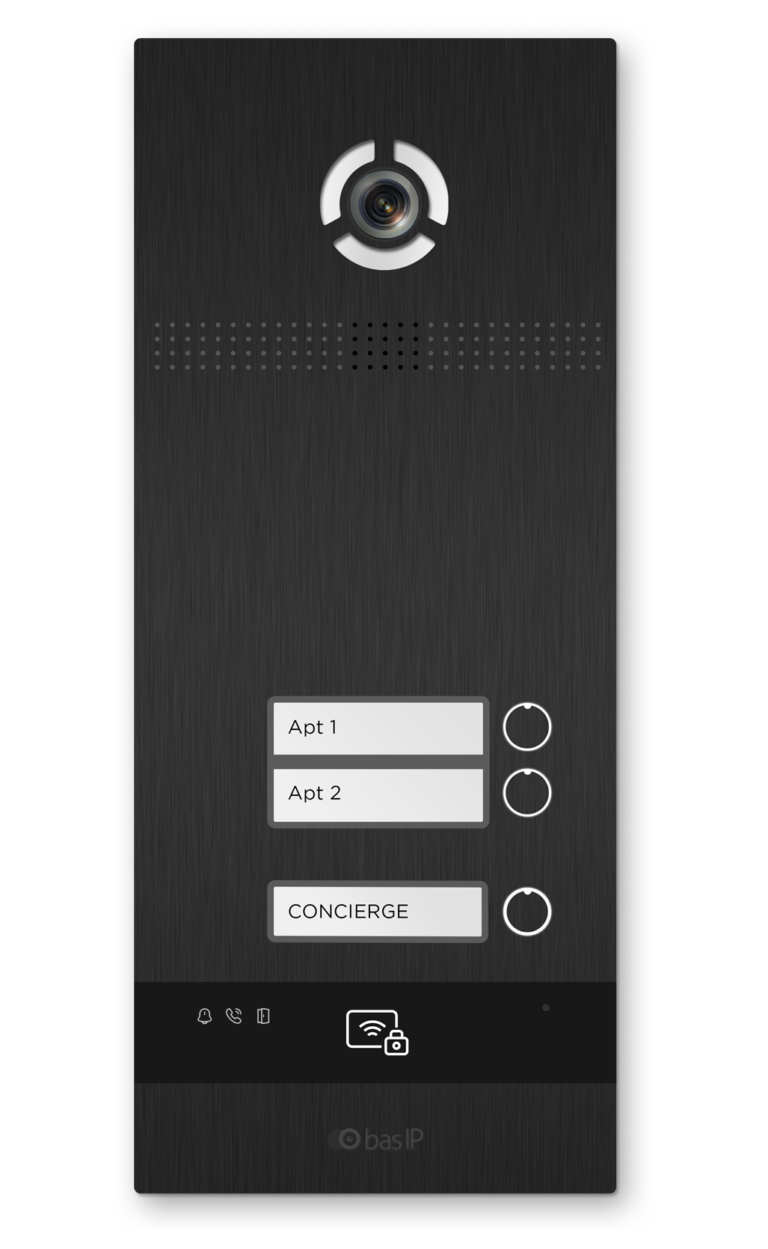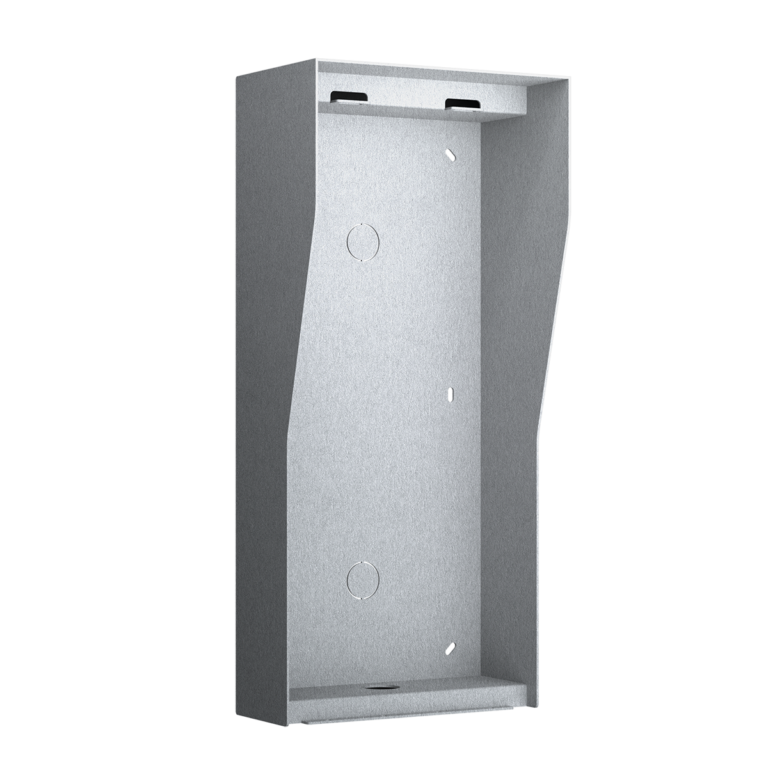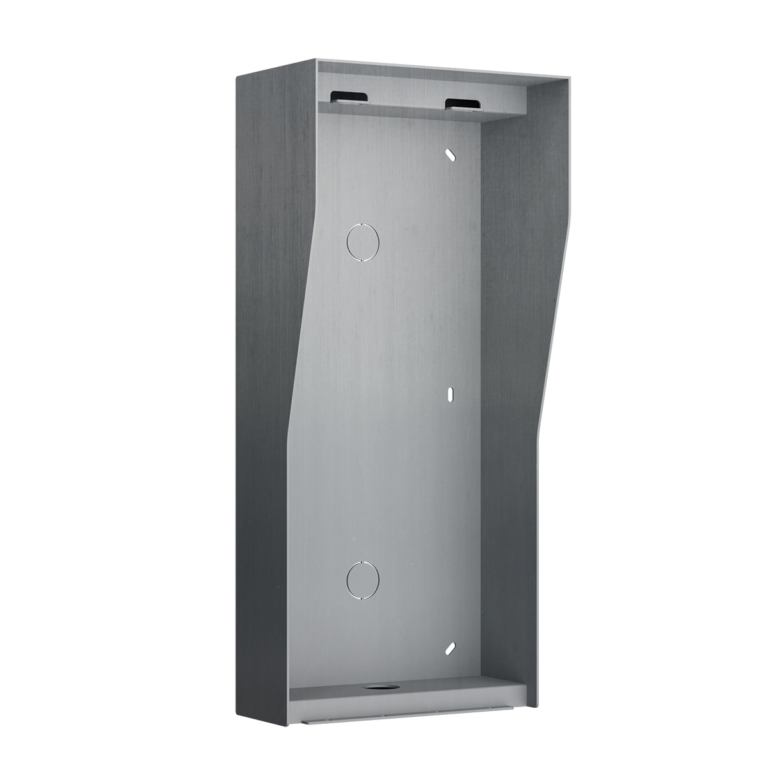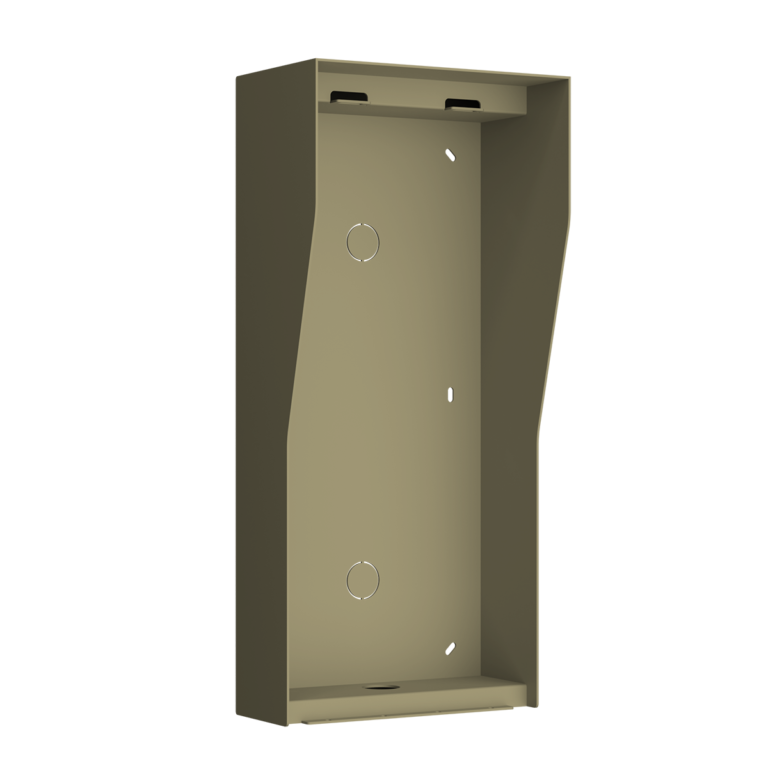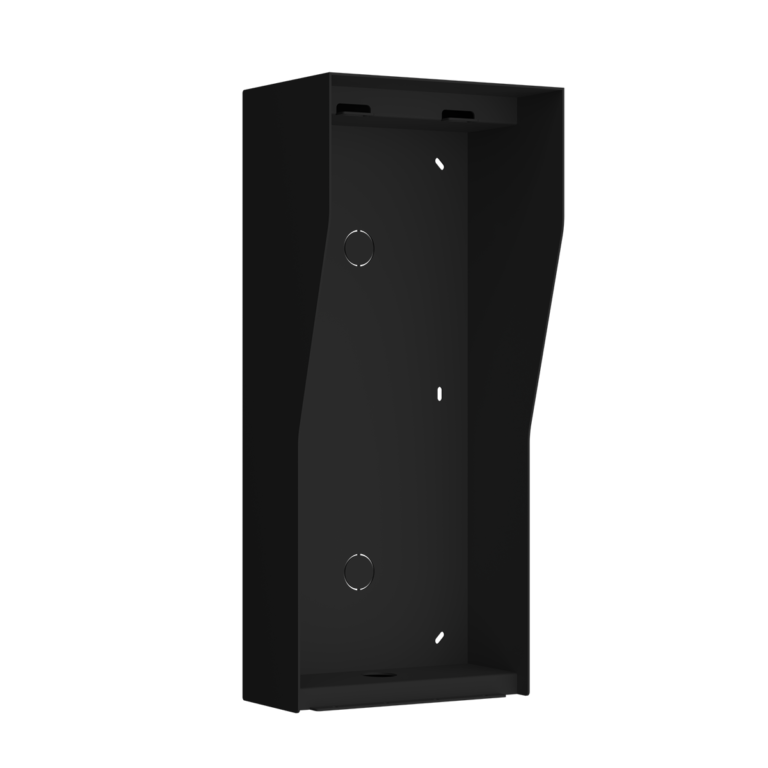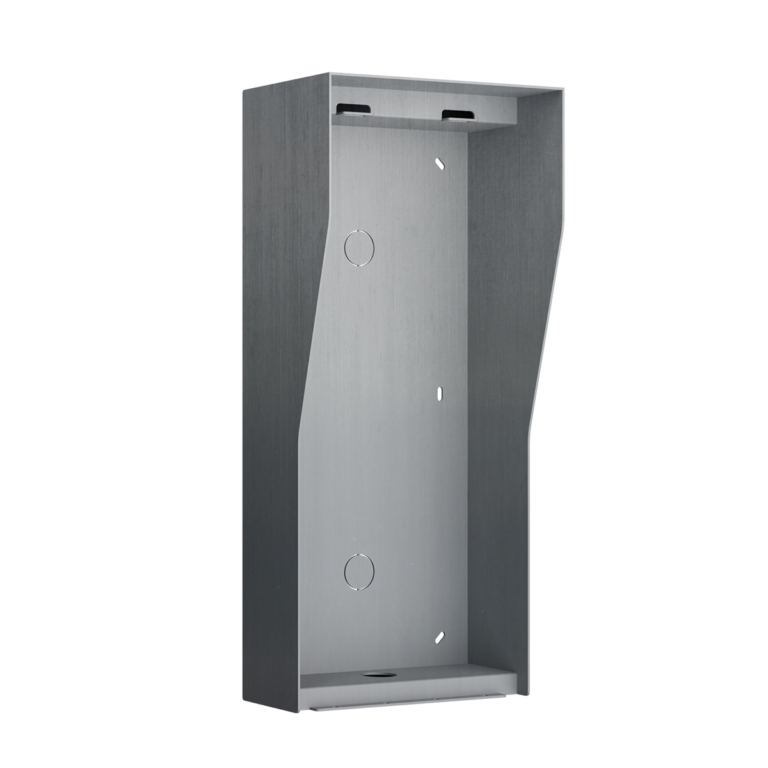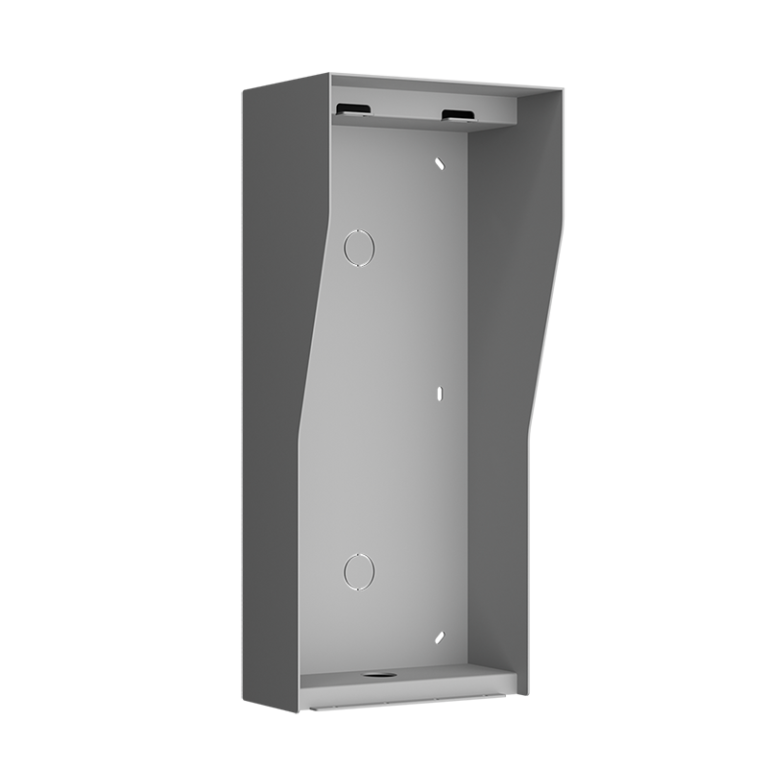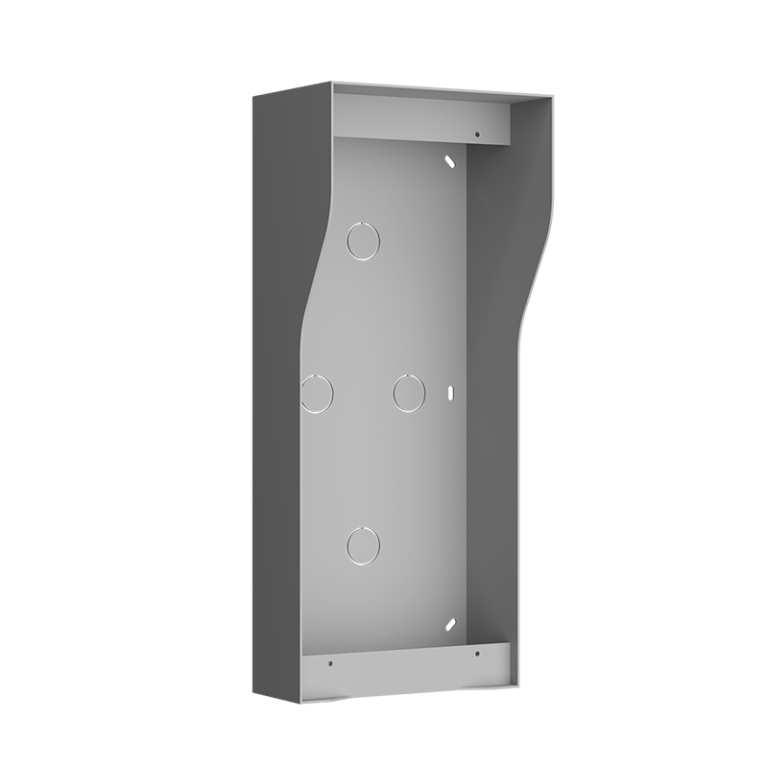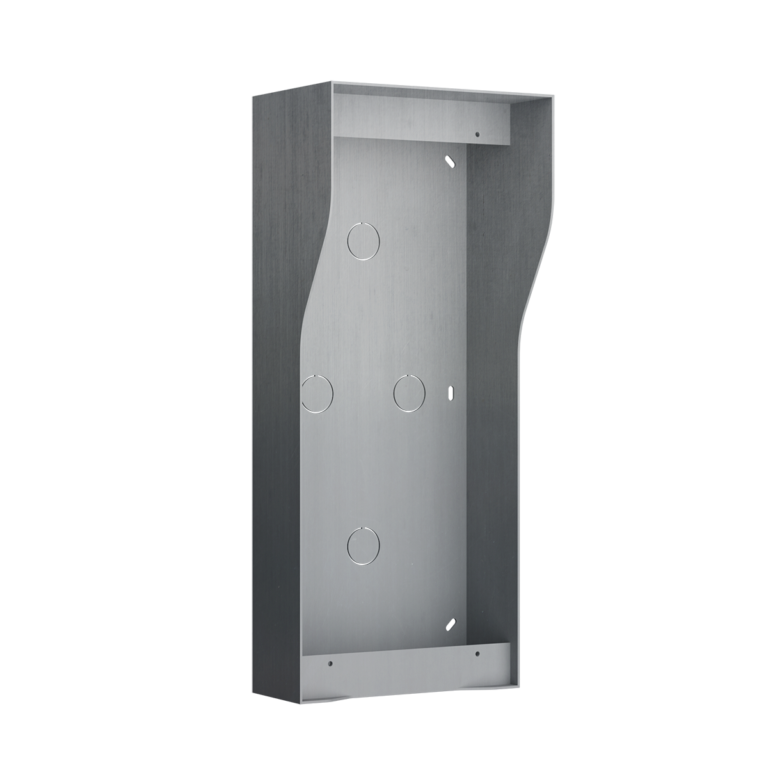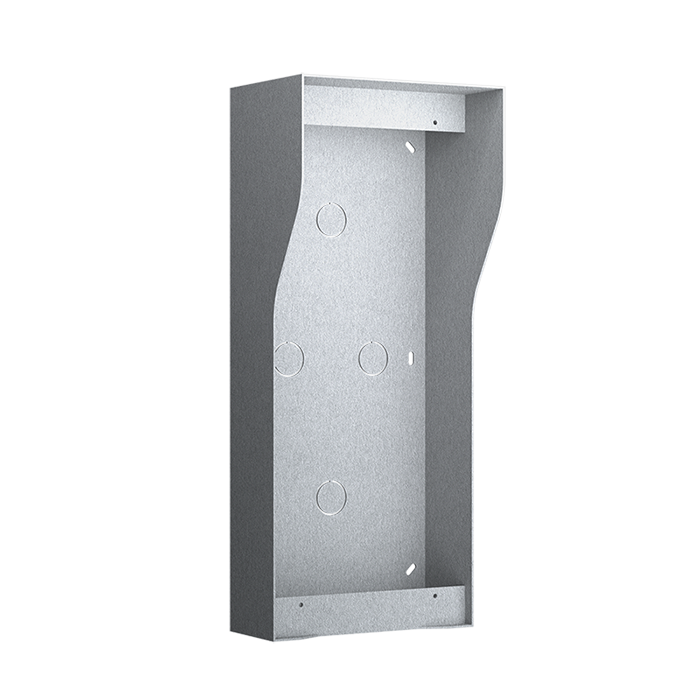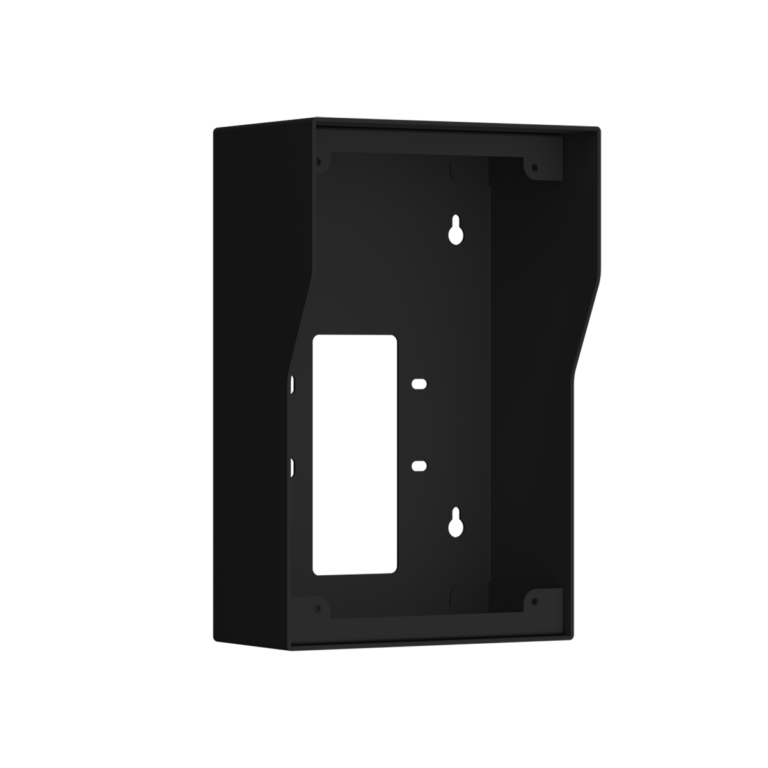The Importance of Outdoor Waterproof Intercom Systems: Understanding Protection Levels
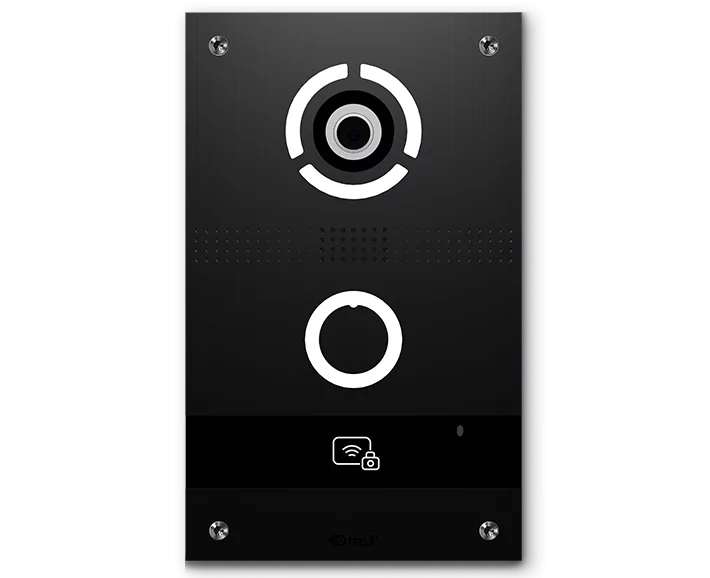
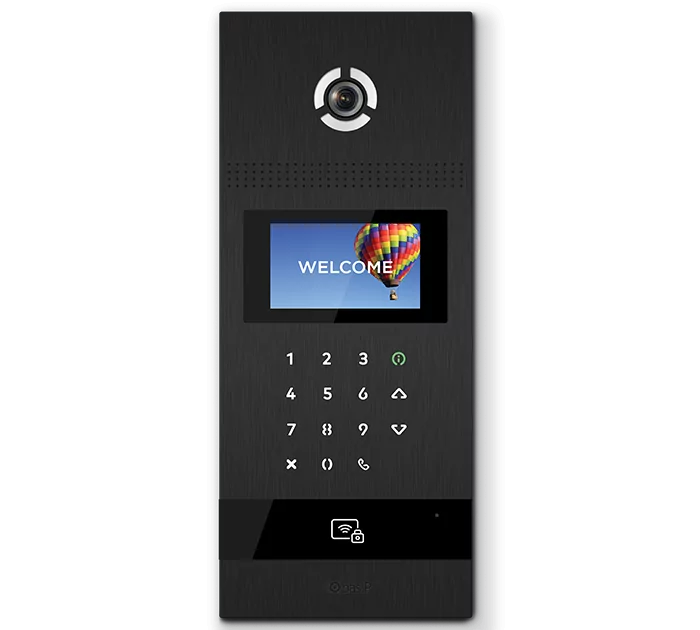
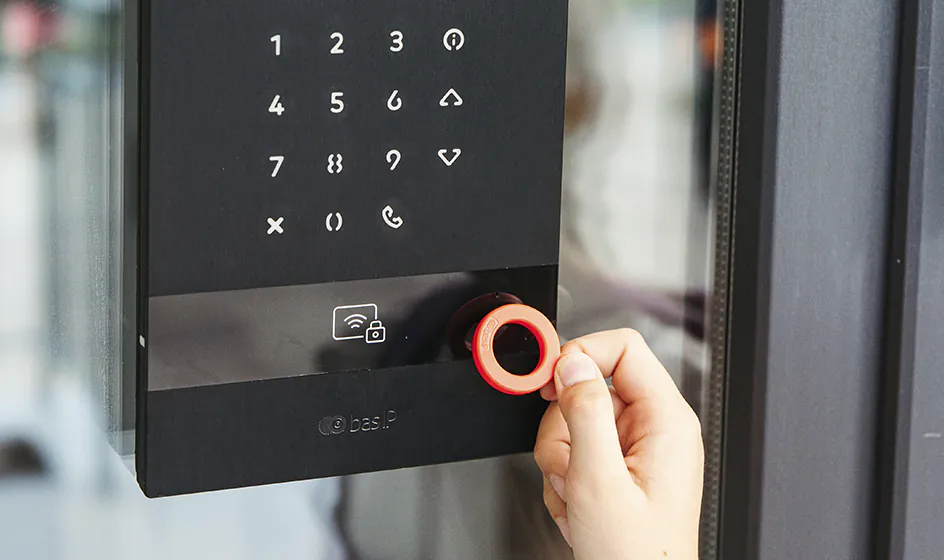
A waterproof intercom system is an essential investment for many homeowners and businesses. These systems are designed to withstand exposure to water and other elements, making them ideal for use in outdoor environments or areas where moisture or water damage could be a concern. This article will explore the importance of waterproof intercom systems and discuss the available different protection levels.
Table of Contents
Why a Waterproof Intercom System is Important
There are several reasons why a waterproof intercom system may be necessary. First, outdoor intercom systems must withstand exposure to rain, snow, and other forms of moisture. The system may become damaged or malfunction without proper protection, leading to costly repairs or replacements.
Second, waterproof intercom systems are ideal for use in environments where moisture is present, such as in swimming pools or hot tubs. The system must function properly even when exposed to water, chlorine, or other pool chemicals.
Finally, a outdoor intercom system can provide an added level of security for your home or business. You can easily communicate with visitors by placing an intercom at your front gate or door without exposing the system to the elements.
Rain Shield: A Must-Have Accessory for Waterproof Intercom Systems
One of the best accessories you can invest in for your waterproof intercom system is a rain shield. This simple yet effective solution can help keep your outside intercom system dry and functional in even the most adverse weather conditions.
Protection Levels for Outdoor Intercom Systems
When it comes to waterproof intercom systems, different protection levels are available. These protection levels are measured by the IP (Ingress Protection) rating, which indicates how well the system is protected against dust and water.
The first digit in the IP rating indicates the degree of protection against dust, while the second digit indicates the degree of protection against water. For example, an IP67-rated intercom system is completely protected against dust and can withstand being submerged in water up to one meter deep for up to 30 minutes.
The highest IP rating for intercom systems is IP68, which indicates that the system is completely protected against dust and can withstand being submerged in water at depths greater than one meter.
When choosing a waterproof intercom system, it is crucial to consider the level of protection that is required for your specific application. For example, an IP65-rated system may be sufficient for use in an outdoor environment with occasional exposure to rain. In contrast, an IP68-rated system may be necessary for use in a swimming pool or other area where the system will be regularly exposed to water.
We don’t hide such a parameter. You can easily find it by clicking on the model you are interested in and scrolling down to the characteristics.
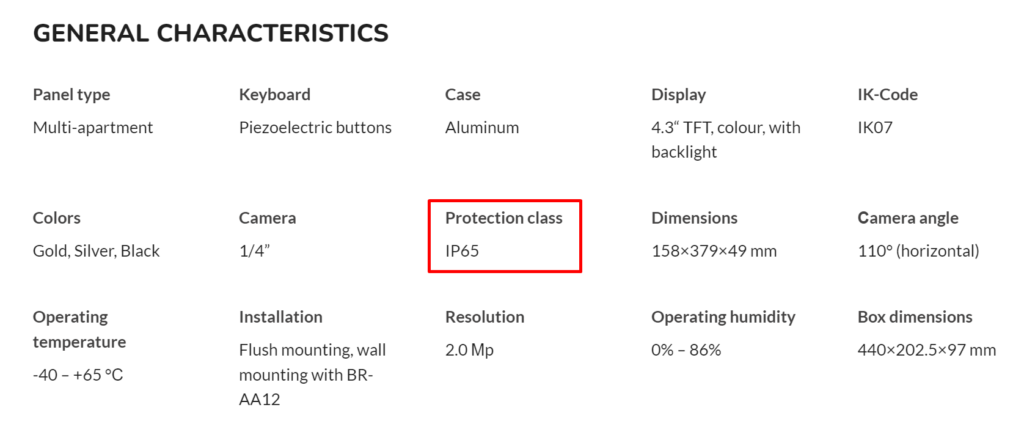
By choosing a building intercom system with the appropriate IP rating, you can ensure that your system is protected against damage from water and other elements while providing an added level of security for your home or business.
Vandal-Proof Intercom Systems: An Essential Security Upgrade
Vandalism is a constant threat, with perpetrators ranging from petty troublemakers to professional criminals. Traditional intercom systems are susceptible to damage that may leave the system inoperable or compromised. Vandal-proof intercom systems offer an added layer of protection to deter potential vandals and maintain the communication and access control functions of the intercom.
A vandal-proof intercom system offers several benefits:
- Enhanced security: With a stronger build, these intercom systems discourage tampering and ensure communication lines remain secure and operational.
- Reduced maintenance costs: Since they’re built to withstand vandalism, such systems typically require less frequent repairs and replacements.
- Improved aesthetics: A vandalized intercom system can create an unwelcoming environment and damage property value. Vandal-proof intercoms help maintain a clean and professional appearance.
What Makes an Intercom Vandal-Proof?
To be considered vandal-proof, an intercom system should be designed and constructed with the following attributes:
- Robust materials: These intercoms are typically made from durable metals like stainless steel or aluminum, which can resist intentional damage.
- Tamper-resistant features: They often incorporate specialized screws, secure enclosures, and recessed mounting options to deter unauthorized access.
- Reinforced components: Crucial elements like buttons, screens, and cameras are built with materials like polycarbonate or tempered glass, protecting them from breakage or damage.
Understanding the IK Code
The IK code is an international rating system that measures the impact resistance of enclosures for electrical equipment. Ranging from IK00 (no protection) to IK10 (maximum protection), the IK code offers a standardized way of evaluating an intercom’s ability to withstand physical impacts.
BAS-IP: A Leading Manufacturer of IK67 Door Intercoms

BAS-IP, an innovative intercom manufacturer, offers IK67 rated door intercoms that ensure optimal durability and protection from vandalism. By exceeding the standard IK10 rating, BAS-IP’s intercoms deliver exceptional performance and are designed to resist the harshest impacts. Combining advanced technology with high-quality materials, BAS-IP provides a reliable and secure solution for residential and commercial properties.
How to Install a Waterproof Intercom System
Proper installation is the cornerstone of any effective waterproof intercom system. It’s not just about getting the system up and running; it’s about ensuring its longevity, reliability, and optimal performance over time.
Step 1: Choose the Right Location
Select a suitable location for your outdoor intercom unit. It should be easily accessible for communication but also in a place that offers some natural protection from the elements, such as under an eave or awning.
Step 2: Prepare the Surface
Ensure the surface where you’ll mount the intercom unit is clean and dry. Any dirt or moisture can interfere with the adhesion of the mounting hardware and the waterproof seal.
Step 3: Mount the Outdoor Unit
Follow the manufacturer’s instructions to mount the outdoor unit. This usually involves drilling holes and securing the unit with screws. Make sure the unit is level and firmly attached to the wall.
Step 4: Apply Waterproof Sealant
Once the unit is securely mounted, it’s time to apply a waterproof sealant. A high-quality outdoor silicone sealant is a good choice (this guide may help you find the best one). Apply a bead of sealant around the edge of the unit where it meets the wall. This will create a waterproof barrier and prevent water from seeping into the unit.
Step 5: Seal the Panel
If the intercom unit has a front panel that opens, apply a bead of silicone sealant around the edge of the panel as well. Make sure the sealant is applied evenly and covers the entire edge. Close the panel and wipe away any excess sealant.
Step 6: Check the Cables
Ensure that any cables or wires entering the unit are also sealed. Apply silicone sealant around the point where the cables enter the unit to prevent water from following the cables into the unit.
Step 7: Let the Sealant Dry
Allow the silicone sealant to dry completely before testing the unit. This typically takes 24 hours, but check the sealant packaging to be sure.
Step 8: Test the Unit
Once the sealant is dry, test the unit to make sure it’s working properly. Check the sealant for any leaks during a rainy day or by lightly spraying water on the unit. If you notice any leaks, apply additional sealant as needed.
Maintenance Tips for Weatherproof Intercom Systems
1. Regular Cleaning
Even though your intercom system is waterproof, it still needs regular cleaning. Dust, dirt, and other particles can accumulate on the surface and in the crevices of the unit. Use a soft, damp cloth to gently clean the exterior of the system. Avoid using harsh chemicals or abrasive materials, as these can damage the waterproof coating.
2. Check the Waterproof Seals
The waterproof seals around the edges of the unit and the front panel are crucial for keeping water out. Inspect these seals regularly to ensure they are intact and not showing signs of wear or damage. If you notice any cracks or gaps, reapply a waterproof silicone sealant to maintain the unit’s water resistance.
3. Inspect the Cables
Water can sometimes seep into the unit along the cables. Regularly check the point where the cables enter the unit and make sure it’s well-sealed. If you notice any signs of moisture, dry the area and apply additional sealant if necessary.
4. Test the System Regularly
Regular testing is key to maintaining your waterproof intercom system. Make sure the sound is clear and the range is good. Test the system after heavy rain or snow to ensure it’s still functioning properly.
5. Protect from Extreme Weather
While your intercom system is designed to withstand the elements, extreme weather conditions can still cause damage. Consider adding additional protection, such as a cover or shelter, if your system is exposed to harsh weather conditions regularly.
6. Professional Maintenance
If your system is complex or covers a large area, it might be worth having a professional check it annually. They can spot potential issues that you might miss and ensure your system continues to work efficiently.
7. Follow Manufacturer’s Instructions
Always refer to the manufacturer’s instructions for specific maintenance tips. Different systems may have different requirements, so it’s important to follow the guidelines provided with your specific unit.
Case Study: The Coastal Resort’s Communication Revolution

Background
The Coastal Resort, a popular beachfront property in Florida, faced a unique challenge. With a sprawling property that included multiple buildings, a large outdoor pool, private beach access, and a marina, communication was a constant issue. The resort needed a reliable, weather-resistant communication system that could withstand the harsh coastal conditions, including high humidity, salt air, and occasional tropical storms.
The Challenge
The resort’s existing communication system was outdated and not designed to withstand the coastal weather. Units frequently malfunctioned due to moisture damage, and the system didn’t provide coverage for the entire property. The resort needed a solution that was reliable, waterproof, and capable of covering the extensive property.
The Solution
The resort decided to install a state-of-the-art waterproof intercom system. They chose a system with a high IP rating, ensuring it was capable of withstanding the humid, salty air and occasional heavy rain. The system included multiple outdoor units installed at strategic locations across the property, including the main reception, pool area, marina, and beach access points.
Special attention was paid to the installation process. The units were securely mounted and sealed with a high-quality waterproof sealant to prevent any water ingress. The cables were also carefully sealed and routed to avoid any potential water damage.
The Result
The new waterproof intercom system revolutionized communication at The Coastal Resort. Staff could easily communicate between different areas of the property, improving efficiency and guest service. The system proved its durability and reliability, with no units failing due to weather conditions.
Guests appreciated the improved service, and staff found the system easy to use. The resort even received positive mentions in several online reviews, with guests praising the efficient communication.
Conclusion
Waterproof intercom systems have emerged as a game-changer, particularly for environments exposed to the elements. As we’ve explored throughout this guide, these systems offer a blend of durability, reliability, and convenience that’s hard to match.
From understanding the key terms like ‘Outdoor Intercom System’, ‘Weatherproof Intercom System’, and ‘Vandal-Proof Intercom Systems’, to delving into the intricacies of installation and maintenance, we’ve seen that the success of these systems hinges on both the quality of the product and the care taken in its implementation.
The case study of The Coastal Resort underscores the transformative potential of these systems when chosen and installed correctly. It’s a testament to the fact that even in the most challenging conditions, effective communication is achievable.
